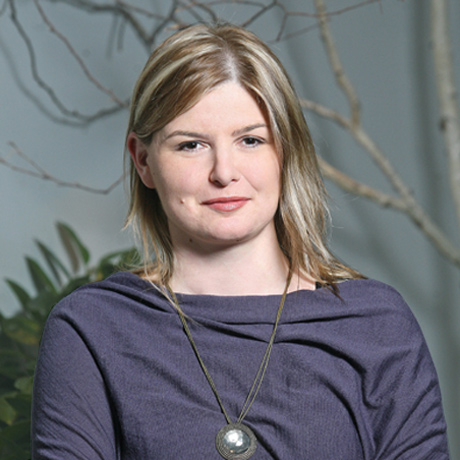
06/05/2019
The modern-age disease from the perspective of an expert
Fear and Hope on Road to Parentship
Danijela Galović
Psychologist and Psychoanalyst, Psychoanalytical Society of Serbia
Photo credits: arhiva magazina Story
Fear and Hope on Road to Parentship
Most of us have learnt that we can control our own lives and that we can achieve many things if we try hard enough. Facing the diagnosis of sterility may cast doubt on many of our previous convictions and boost a feeling of insecurity, as well as present a breakdown of all our hopes and dreams of family life in the future. The couples who have just faced the diagnosis of sterility often say they were shocked when they realised they had a problem. Most people expect conception soon after the moment they decide they want to have a child and stop using contraceptives, since before that moment nothing indicated that they might encounter any obstacles in the process.
In spite of being welcomed with relief as a new chance for having offspring, the process of in vitro fertilisation (IVF) at the same time incites people to question their own past searching for causes of the infertility, especially if they themselves and not their partners have been diagnosed with infertility. The partner diagnosed with sterility often feels guilt since, as a couple, they cannot become parents. There is fear that he/she might be abandoned by their partner, and indeed, such an outcome does finally occur in certain number of cases. The reason is often not the fact itself that one of the partners has been diagnosed with sterility, but the fact that such persons begin changing their behaviour towards their partners: they become afraid, suspicious and irritable, thus unintentionally causing exactly what they are most afraid of – distancing their partner from themselves.
The persons who have already had the experience of one or more unsuccessful IVF attempts often feel angry with their own body since it has let them down, angry with their environment for insensitive comments and lack of understanding of what they are going through. They often feel betrayed, as if some injustice were done to them, since they feel everyone else around them can have a child easily, unlike them. Coming into contact with ‘fertility symbols’ – pregnant women, babies, or even baby accessories commercials, inspires various painful feelings in them, because of which they start avoiding family gatherings and holidays together with their friends who have children. Such avoiding of the painful feelings can lead to an even greater isolation from the environment with time, thus minimising the possibility of getting the badly needed support from their dear ones.
In addition, the hormone therapy can cause frequent mood swings, fatigue or irritability in many women, because of which they might feel unable to control their own emotions. This storm of different feelings makes them feel they do not control their life, their body, and feelings any more, partly due to the feeling that they are entering into a process with an uncertain outcome and because they have to surrender the control to medical staff and clinics. An unsuccessful IVF attempt is termed so only in literature, while the women who undergo this process and experience an unsuccessful embryo transfer feel as if they had a baby over those two weeks after the ovulation, a baby they lost when they were told the result was negative. Such a loss causes grief, but couples might also become inclined to interpret such an unsuccessful attempt as a proof they are not worthy of having a baby.
Undergoing an IVF process can bring changes to the functioning of a marriage, too. Quite often, some earlier unresolved conflicts in a relationship surface in this period, when both partners feel vulnerable and insecure. The different way men and women react to the IVF process can be one of the reasons for potentially worse functioning of a relationship in the course the process. Women are more likely to ask for support and have a more pronounced need to talk about their problems, while men tend to opt for hard work and other commitments and emotional distancing as a strategy for overcoming different painful feelings. It happens frequently that women accuse their partners of being insensitive and inconsiderate or of showing less interest in the outcome of the IVF process, while men on the other hand can consider their partners as preoccupied with this process and uninterested in their relationship. In contrast, this common problem can lead to closer bonds in some couples.
Counselling of couples with a psychologist can be helpful in understanding the ways of reacting of the other partner and the reasons for that. The ways of overcoming the troublesome feelings their partner practices, which are different from their own, are equally legitimate. Better mutual understanding will enable them to support each other and go together, as a team, through facing the fact that the pregnancy does not come naturally, as well as through the IVF process itself later. Individual counselling with a psychologist will offer a chance, for both women and men, of finding answers to some questions they are troubled with as well as for a clearer definition of their own feelings.
Finally, it is important to always have in mind that fertility is not a measure of quality of someone as a person, and it is important not to perceive oneself as a problem, but as someone who has a problem that he/she is trying to overcome.

AUTHOR
Danijela Galović
Psychologist and Psychoanalyst, Psychoanalytical Society of Serbia
Photo credits: arhiva magazina Story